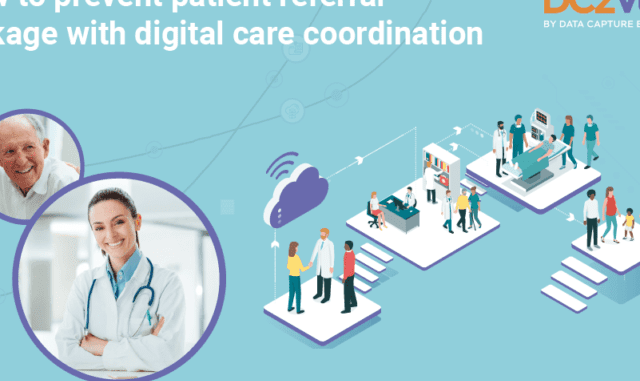
Last Updated on by Sabina
Urgent care facilities typically maintain electronic medical records (EMRs) to manage and store patient health information. EMRs are digital versions of a patient’s medical chart, containing details such as medical history, medications, allergies, test results, and treatment plans. Here’s some information about urgent care electronic medical records:

Patient Information
EMRs in urgent care centers include basic patient demographics (name, address, contact information), insurance details, and relevant medical history. This information helps healthcare providers understand a patient’s background and make informed decisions about their care.
Visit Documentation
When a patient visits an urgent care facility, their medical encounter is documented in the EMR. This includes details about the reason for the visit, symptoms, vital signs, physical examination findings, diagnoses, and treatment provided. The EMR captures important information for each patient visit, serving as a record of the care provided.
Medication and Allergy Management
Urgent care EMRs maintain a list of medications prescribed to patients, including dosage instructions and any allergies or adverse reactions documented. This information helps healthcare providers avoid potential drug interactions and ensure patient safety during subsequent visits.
Test Results and Imaging Reports
Urgent care EMRs store test results, such as blood work, imaging reports (X-rays, CT scans), and other diagnostic procedures. These results are accessible to healthcare providers, allowing them to review and interpret the findings to guide diagnosis and treatment decisions.
Integration with Healthcare Systems
In many cases, urgent care EMRs can integrate with larger healthcare systems, allowing seamless sharing of patient information between urgent care facilities, primary care providers, and specialists. This integration enables better continuity of care and facilitates the exchange of essential medical information among different healthcare providers.
Privacy and Security
EMRs in urgent care centers follow strict privacy and security protocols to protect patient information. This includes implementing measures to ensure data confidentiality, secure access controls, and adherence to healthcare data protection regulations such as the Health Insurance Portability and Accountability Act (HIPAA).
It’s worth noting that the specific features and functionalities of urgent care EMRs may vary among different facilities and healthcare systems. However, the primary goal of these electronic records is to provide accurate, accessible, and secure patient information to support efficient and effective healthcare delivery.


